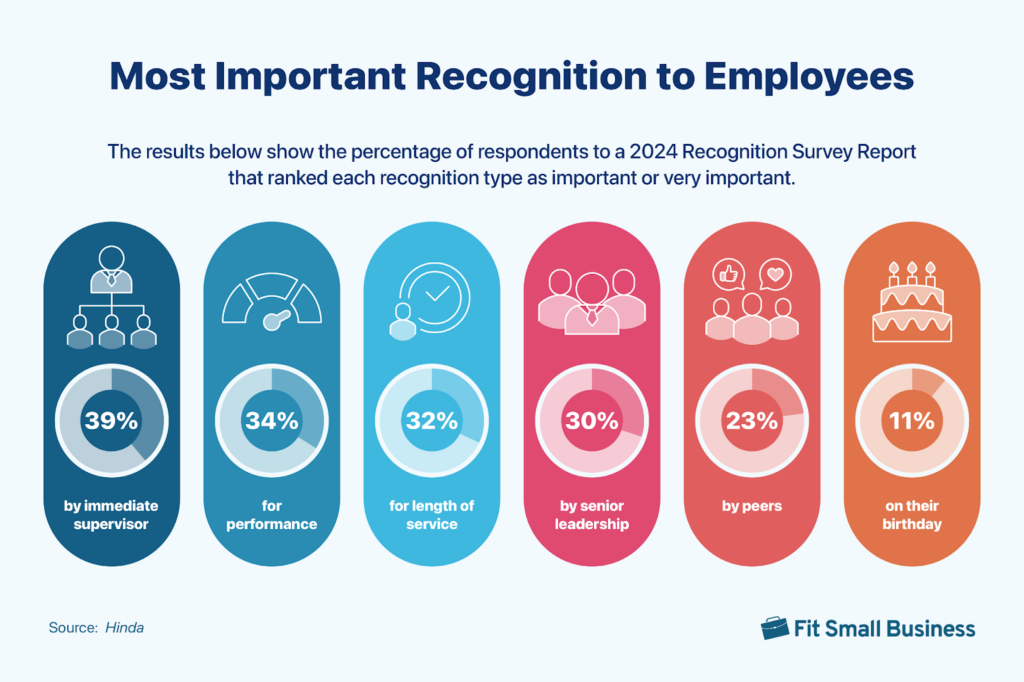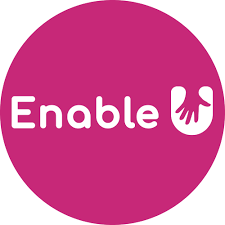Key Takeaways:
- Recognizing employees leads to a positive culture, improved performance, and increased retention.
- Offering different employee recognition methods, such as peer-to-peer, monetary, and career recognition, enhances overall satisfaction.
- By implementing employee recognition strategies, you can make your employees feel recognized and respected in the workplace.
What Is Employee Recognition?
Employee recognition is the acknowledgment and appreciation of employees for their hard work, achievements, and contributions to your company. The aim is to demonstrate gratitude and reinforce positive behavior while motivating employees to continue performing at their best. When employees feel valued for their contributions, they are more likely to remain with the company and strive for excellence.
Types of Employee Recognition
Employee recognition methods can vary widely, from simple gestures like verbal praise or handwritten notes to more formal programs like employee rewards or performance-based incentives.

2024 Recognition Survey Report results on the most important recognition to employees (Source: FSB)
- Formal Recognition: A deliberate and structured process wherein employees are publicly recognized for their achievements, contributions, and performance. This includes things like Employee of the Month awards, annual company-wide recognition ceremonies, milestone recognitions (e.g., work anniversaries, birthdays), and letters of recommendation.
- Informal Recognition: A casual way to give your employees praise for a job well done. It is typically done individually instead of publicly and may include a handwritten note of praise or verbal recognition.
- Peer-to-peer Recognition: When employees recognize each other’s achievements. This is informal, as it is not directed by the company, and can be both verbal and public recognition. Some examples include social media recognition, physical or digital boards where employees can post appreciations, LinkedIn endorsements, or peer recognition software.
- Monetary Recognition: Recognizing employees with some form of money. This is a common form of recognition when it comes to performance and may include annual bonuses, pay raises, performance bonuses, and Christmas cash awards.
- Top-down Recognition: When someone on an executive level offers praise to an employee who is not under their direct supervision. For example, the vice president of a local grocery store gives verbal praise to a cashier who caught an accounting error and saved the company substantial money.
- Direct Report Recognition: When someone’s immediate supervisor offers them praise for their efforts on the team.
- Day-to-day Recognition: The act of notating employees’ wins when they occur on a daily basis. If an employee has gone above and beyond in their performance for the day, it is appropriate to give them verbal praise. For example, a retail associate makes the most sales in one day, and their supervisor takes the time to acknowledge this achievement.
- Career Recognition: Offering praise for hitting certain milestones in one’s career. Additionally, career recognition could come at the end of someone’s career, when they are retiring from their position and being recognized for their years of service and contributions that shaped the future of the company.
- Celebration Events: These can be formal or informal, depending on the type of recognition. These include birthday celebrations, company-wide events, and even breakroom snacks.
Tips for Recognizing Employees
It is not uncommon for employees to feel undervalued or unappreciated, which can lead to decreased drive and productivity. However, by implementing a few simple strategies, you can make your employees feel recognized and respected in the workplace.
1. Provide Constructive Feedback
When provided effectively, constructive criticism helps employees understand their areas for improvement without feeling attacked or demoralized. It shows them that their work is important and that the company values their growth and development.
By addressing specific actions or behaviors, managers can objectively provide feedback. This approach allows employees to see that they are being evaluated based on their actions, which fosters a sense of fairness and encourages them to work on improving those behaviors.
2. Offer Public Recognition
Recognizing the efforts of employees by acknowledging their achievements, skills, and contributions in front of their peers can make them feel valued and appreciated. Public recognition not only boosts employee morale but also creates a sense of camaraderie within the team by providing employees with validation for their hard work.
It serves as proof that their efforts have not gone unnoticed or unappreciated by those they look up to within the organization. This feeling of being valued drives individuals to strive for continued excellence.
3. Contribute to Professional Development
When you invest in your employees’ growth and learning, you send a powerful message that their skills and contributions are valued. By offering opportunities for training, workshops, conferences, or even tuition reimbursement programs, you show that you are committed to helping your staff reach their full potential.
Professional development allows employees to enhance their skills and knowledge, which can lead to increased job satisfaction and employee engagement. When individuals have the chance to learn new things or improve existing abilities, they become more confident in their roles.
4. Develop a Recognition Program
When you recognize your employees’ efforts, you not only improve job satisfaction but also enhance productivity and employee retention rates. Recognizing exceptional performance through rewards and incentives such as bonuses, gift cards, or extra vacation days can go a long way in making your employees feel valued.
This method creates healthy competition among team members while motivating them to reach new levels of excellence. Additionally, it fosters a culture of open communication, where employees feel comfortable discussing their goals, challenges, and successes with their supervisors.
Benefits of Employee Recognition
Employee recognition is a powerful tool for acknowledging employees’ contributions and efforts by rewarding individual accomplishments and encouraging collaboration. By recognizing team members, you are promoting a culture of appreciation.
When done effectively, employee recognition can have numerous benefits for both individuals and the company as a whole.
- Boosts self-confidence. When employees feel appreciated and recognized for their hard work, it creates a positive work environment where individuals feel supported and valued, leading to increased self-awareness and confidence.
- Creates a positive work environment. Employee recognition instills a greater sense of loyalty towards the company and fosters stronger relationships between management and staff.
- Increases job contentment. Employees who receive regular praise and acknowledgment for their work feel a sense of pride in what they do.
- Improves retention. Employees who are satisfied with their jobs are more likely to stay with the company long-term, reducing turnover rates.
- Increases engagement. Employees who receive recognition for their achievements tend to become more engaged with their tasks, leading to overall higher levels of productivity and efficiency.
Company Case Studies: The Impact of Employee Recognition
The following companies have had success with employee recognition programs within their organizations. Click through the tabs below to learn how employee recognition impacted their overall company culture, performance, and morale.
Employee Recognition Frequently Asked Questions (FAQs)
Good employee recognition involves both formal and informal methods tailored to each employee’s individual needs and preferences. It goes beyond simply acknowledging an employee’s efforts and achievements; it is about making them feel valued, appreciated, and motivated to continue performing at their best.
Employee recognition is more formal and generally focuses on acknowledging specific achievements or milestones related to an individual employee’s job performance. Employee appreciation is typically casual and involves acknowledging the contributions of all employees as they relate to your company as a whole. Like employee recognition, employee appreciation is usually shown through praise, gifts, or other incentives.
This positive reinforcement not only boosts individual performance but also fosters a sense of camaraderie among team members. Additionally, employee recognition helps create a healthy work environment where employees feel valued for their hard work.
Employees who receive regular recognition tend to be more motivated and productive. By acknowledging their efforts and achievements, you create an environment where your workers feel appreciated and invested in their work.



